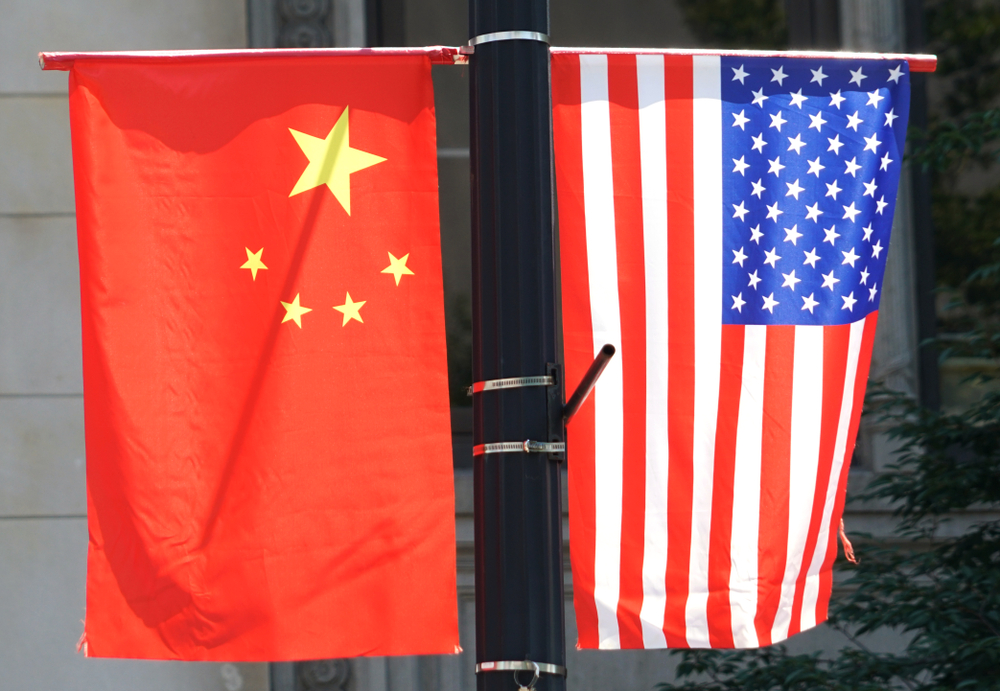
A hard-fought race by U.S. and global law firms to expand into China has turned into a retreat for many, thanks to growing pressures on foreign businesses and converging economic and geopolitical challenges, according to new data and interviews with lawyers and legal industry experts.
Of the 73 largest U.S. law firms with a presence in China, 32 shrank their attorney presence in the last decade, according to a Reuters review of data from Leopard Solutions, which tracks law firm hiring. In Beijing, 26 of the 48 largest U.S. law firms drew down their presence since 2018.
After rushing to gain market share during China's decades-long economic boom, U.S.-based firms in China grew their headcounts there just 3% between June 2018 and June 2023, the data show. The analysis included firms ranked among the 200 largest in the United States.
“The Chinese market has really become somewhat obsolete for those big law firms,” said Jingzhou Tao, the former managing partner in Beijing for law firms Dechert and DLA Piper. “The economic dynamics have completely changed.”
The regulatory environment has also shifted amid President Xi Jinping's growing crackdown on perceived data privacy, national security and espionage risks.
The mega-firm Dentons in July announced that it was ending its combination with Chinese law firm Dacheng, an 8,000-lawyer firm that accounted for Dentons' entire presence in mainland China. It cited new government restrictions on data privacy and cybersecurity that impose new requirements for collecting sensitive data and limit its transfer outside of China.
Denton's move came after Chinese regulators had discussions with Dentons lawyers in China over the last 18 months about the country's new security laws and sought assurances that the firm would comply, a source familiar with Dentons' decision to break with Dacheng told Reuters.
"You have no ability to protect the data and privacy of information that you may hold from your clients," the source said.
China's Ministry of Justice and Dacheng did not respond to requests for comment.
Dentons Global CEO Elliott Portnoy told Reuters in a statement that the firm's decision was not an "isolated incident" given the mounting regulatory pressures in China. He said the firm would continue serving the Chinese market and China-based clients through a client referral arrangement with Dacheng.
Other firms pulling back in China have pointed mainly to market conditions. U.K.-founded global law firm Linklaters in September said it planned to lay off 30 attorneys across its China offices, citing the country's "prolonged" economic downturn, which has brought a drop-off in transactions and deal activity requiring legal advice.
The Chinese economy has struggled to rebound from lengthy COVID-19 lockdowns, with a crisis in its property sector, falling consumer prices and lower demand for exports all hampering economic growth. Optimism among U.S. companies about doing business in China hit its lowest level on record in a survey released in September by the American Chamber of Commerce in Shanghai.
Baker McKenzie, which has one of the largest operations in China of any U.S.-founded law firm, has shrunk its Beijing office from 38 lawyers to seven and its Shanghai office from 22 lawyers to nine since 2018, according to the Leopard Solutions data.
The firm said it is still committed to China and has expanded its presence in Hong Kong and partnered with a Chinese law firm, FenXun.
LOOKING AHEAD
Lawyers and industry observers said U.S. law firms risk alienating China's government and ceding potentially lucrative territory to their competitors if they pull out of the country entirely.
China remains the world’s second-largest economy. Despite the headwinds, roughly as many U.S.-founded law firms expanded their presence across the country in the last five years as have shrunk their footprint, data show.
Analysts said law firms would face challenges as long as the Chinese government continues to adopt a protectionist approach to foreign business and U.S.-China tensions remain high.
But David Wilkins, a professor at Harvard Law School who has studied the impact of globalization on the legal industry, said firms will operate in China as long the country continues to have a significant economic relationship with the West - and especially if its economy rebounds.
“The political situation in China would have to get a lot worse before firms would not want to be doing business in China in a booming economy,” Wilkins said.


